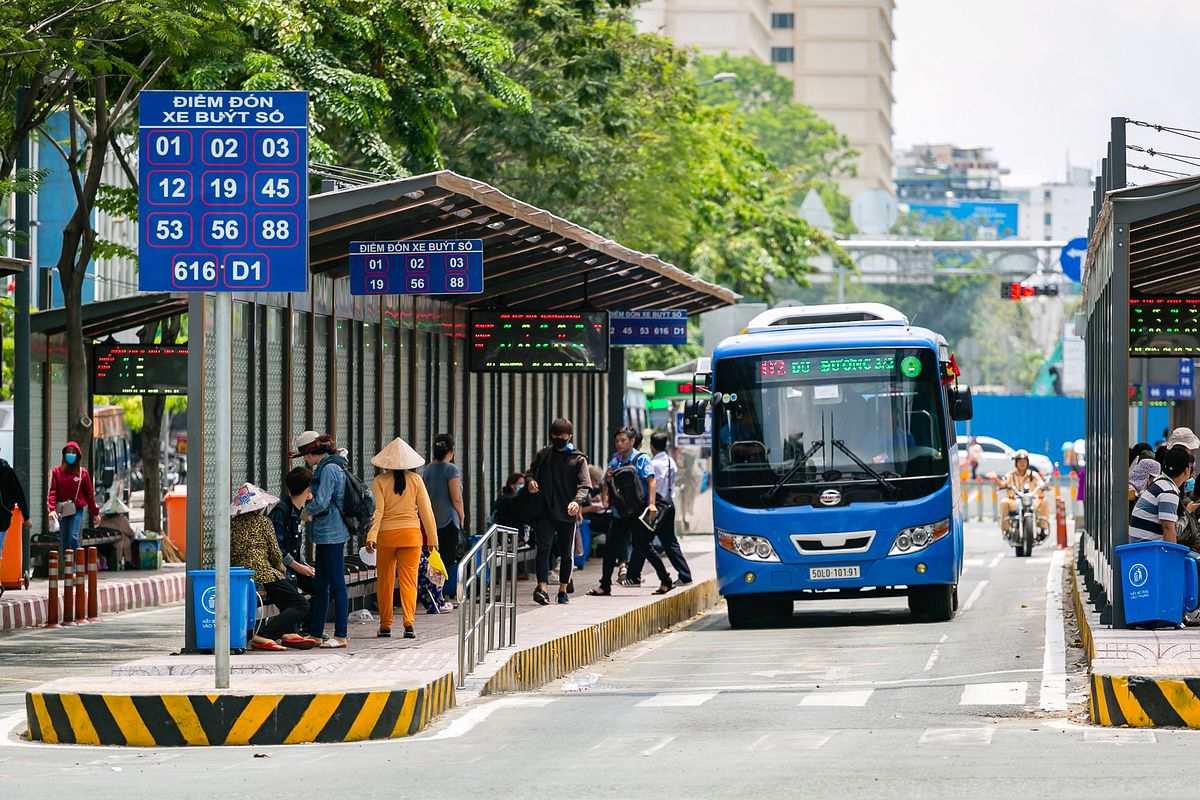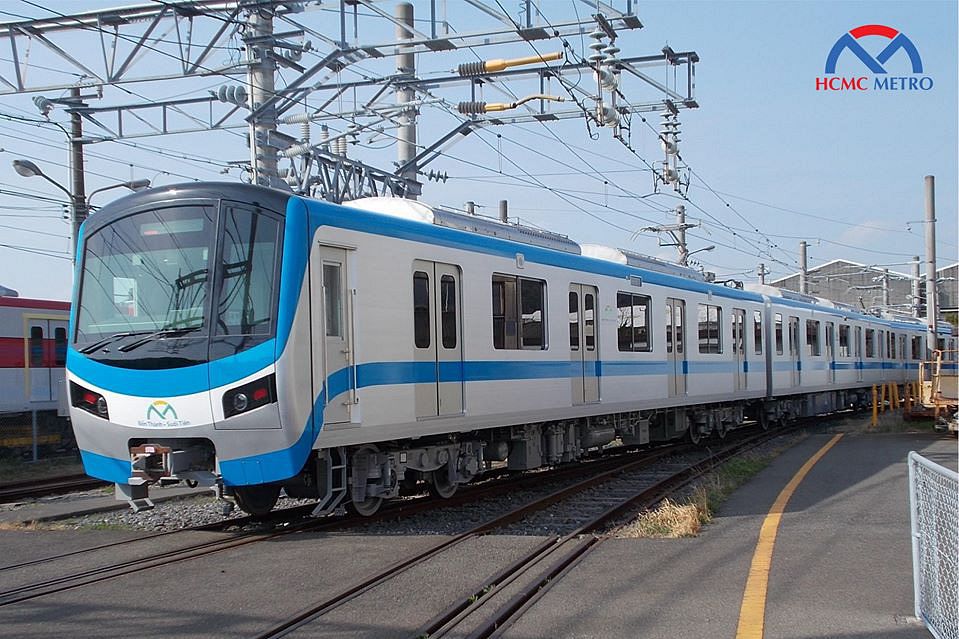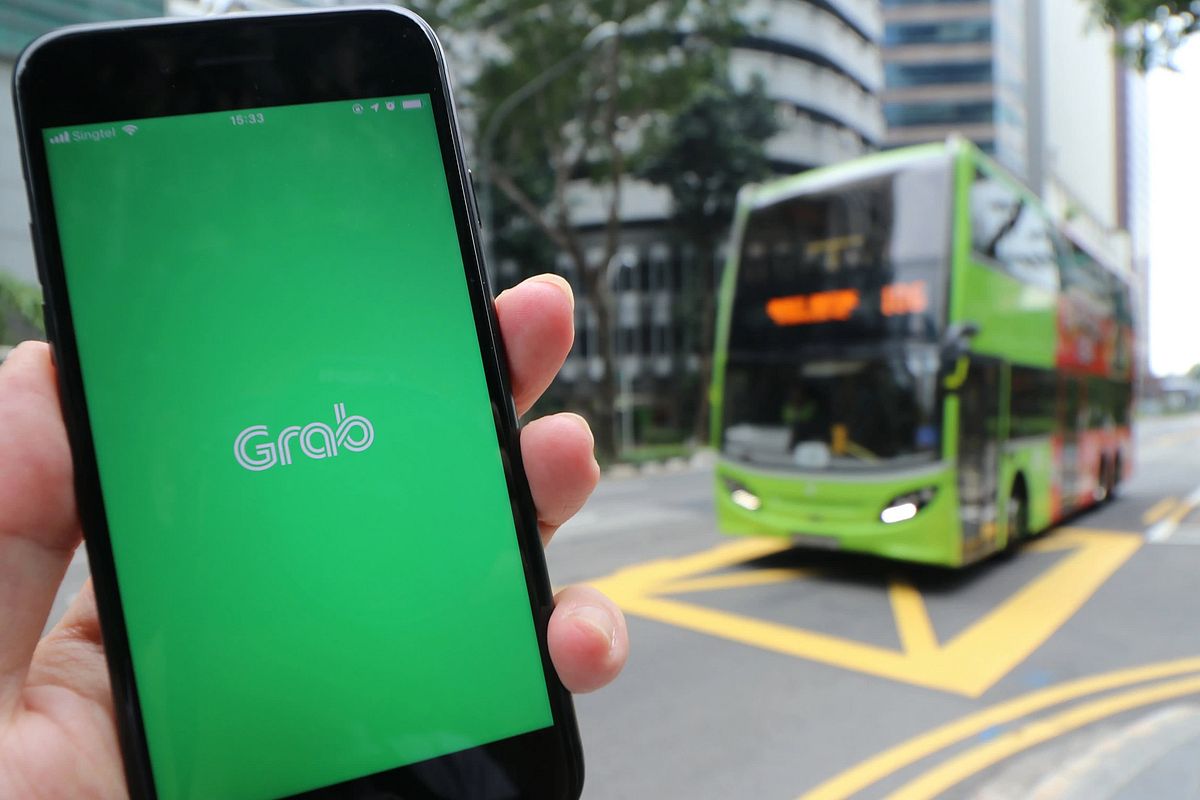The Japan International Cooperation Agency (JICA) is helping authorities to develop a measuring, reporting and verification system for Vietnam’s urban railway systems.
In partnership with the Climate Change Department under the Ministry of Natural Resources and Environment of Vietnam, JICA started conducting a survey to estimate carbon emissions of the three urban railway lines under development in Hanoi and Saigon, Vietnam+ reports. The study started in February 2019 and will end in September 2020.
In the first half of 2019, 4,000 commuters living within one kilometer of the first two metro lines in Hanoi and Line 1 in Saigon were interviewed. Tran Minh Tu, a member of JICA’s research team, told the news source that 66% of people studied expressed readiness to use Hanoi’s first metro line, while 30% said they would use the second line.
“Urban railway is the best choice in terms of carbon dioxide reduction when compared to other means of transport,” said Dinh Van Hiep, an associate professor from the National University of Civil Engineering, adding that a train only releases 14 grams of carbon dioxide per passenger per kilometer, compared to 42 grams and 72 grams for cars and motorbikes, respectively.
A greenhouse gas emission report from 2013 aided by JICA found that transportation accounts for 45% of emissions in Saigon. According to JICA experts, if the urban railways meet public demand, not only will they reduce greenhouse gas emissions in Vietnam's two biggest cities, but also alleviate traffic congestion and air pollution.














